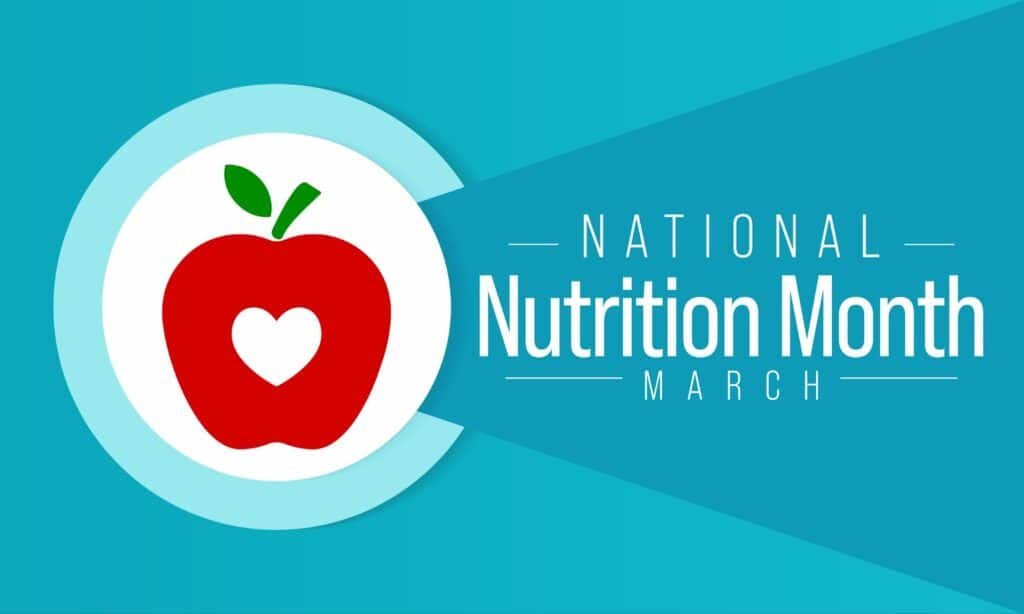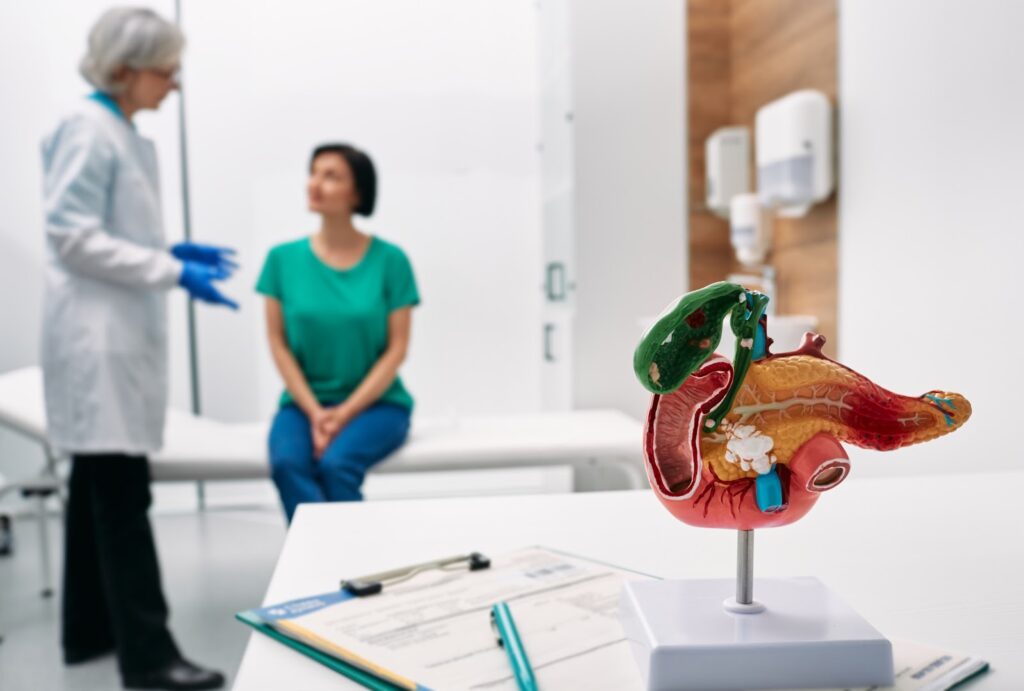Understanding Irritable Bowel Syndrome
What is Irritable Bowel Syndrome?
Irritable Bowel Syndrome (IBS) is a condition that affects about 10-15% of the U.S. population and is characterized by abdominal pain and changes in bowel habits. In some patients, there is a constant problem with constipation, diarrhea, or alternating periods of both. While it affects both men and women, women are more commonly afflicted. Patients are typically diagnosed between the ages of 20 – 50 years old.
What are the causes of IBS?
Currently, there are no definitive causes of IBS. There are a few theories about what may be contributing factors, such as a genetic predisposition as well as possible correlations between IBS and conditions like anxiety and depression. There is also evidence that gastrointestinal infections may lead to IBS.
What are the symptoms?
Though the hallmarks of the disease are chronic abdominal pain and changes in bowel function, there are considerable variations of these base symptoms. Diarrhea or constipation can range in severity from mild to severe, and pain is usually only improved with defecation. Some symptoms may also be exacerbated by stress or as a result of certain food sensitivities. Patients who suffer from IBS may also have gas or bloating.
How is IBS diagnosed?
There is a broad set of criteria used to determine IBS. As there is no definitive test, the diagnosis of the disease is usually by process of elimination. Your physician must first rule out any serious issues that may be causing your symptoms before confirming an IBS diagnosis, especially for those diagnosed later in life. Patients may also suffer from disorders such as fibromyalgia, headaches and depression, which can have symptoms similar to IBS. It is unclear whether IBS predisposes patients to these disorders, or if those suffering from IBS are just more likely to also have these types of problems.
How is IBS treated?
Reducing your stress is the first step in dealing with IBS. It is also important to pay attention to foods that might aggravate the condition, particularly dairy and gluten. Recent research has also linked IBS to a benign condition in which normal colon bacteria make their way into the intestine. This can be treated with a short course of antibiotics. In addition, medications including low-dose antidepressants and muscle relaxers may help manage the severity of symptoms.
Let us help diagnose and manage your IBS. Call Digestive Healthcare Center at (908) 218-9222 or request an appointment online.
Make an Appointment for Comprehensive Digestive Care in NJ
At Digestive Healthcare Center, we want each patient at our three offices in New Jersey to feel confident about their digestive health. We encourage you to contact us today to make an appointment with one of our expert gastroenterologists – don’t wait to start putting your digestive health first!
Recent Blogs
Learn more about all things digestive health and wellness by checking out our recent gastroenterology blogs.

Diverticular disease and diverticulitis are related digestive health conditions that affect the large intestine (colon). With diverticular disease, small, bulging pockets develop on the lining of the colon. When these pockets become inflamed or infected, the condition is called diverticulitis. They are very common – especially after age 40 – and rarely cause problems. At […]

Many Americans like to set New Year’s resolutions to make positive lifestyle changes such as improving their diet and going to the gym. However, March is also a great time for a healthy focus, especially as the long winter season comes to an end. National Nutrition Month, sponsored by the Academy of Nutrition and Dietetics, […]

Gallstones form when bile stored in the gallbladder hardens. Your gallbladder is a small, pear-shaped organ on the right side of your abdomen, just beneath your liver. It holds a digestive fluid called bile that’s released into your small intestine. Gallstones are pebble-like pieces of concentrated bile material, typically made up of cholesterol or bilirubin […]
























